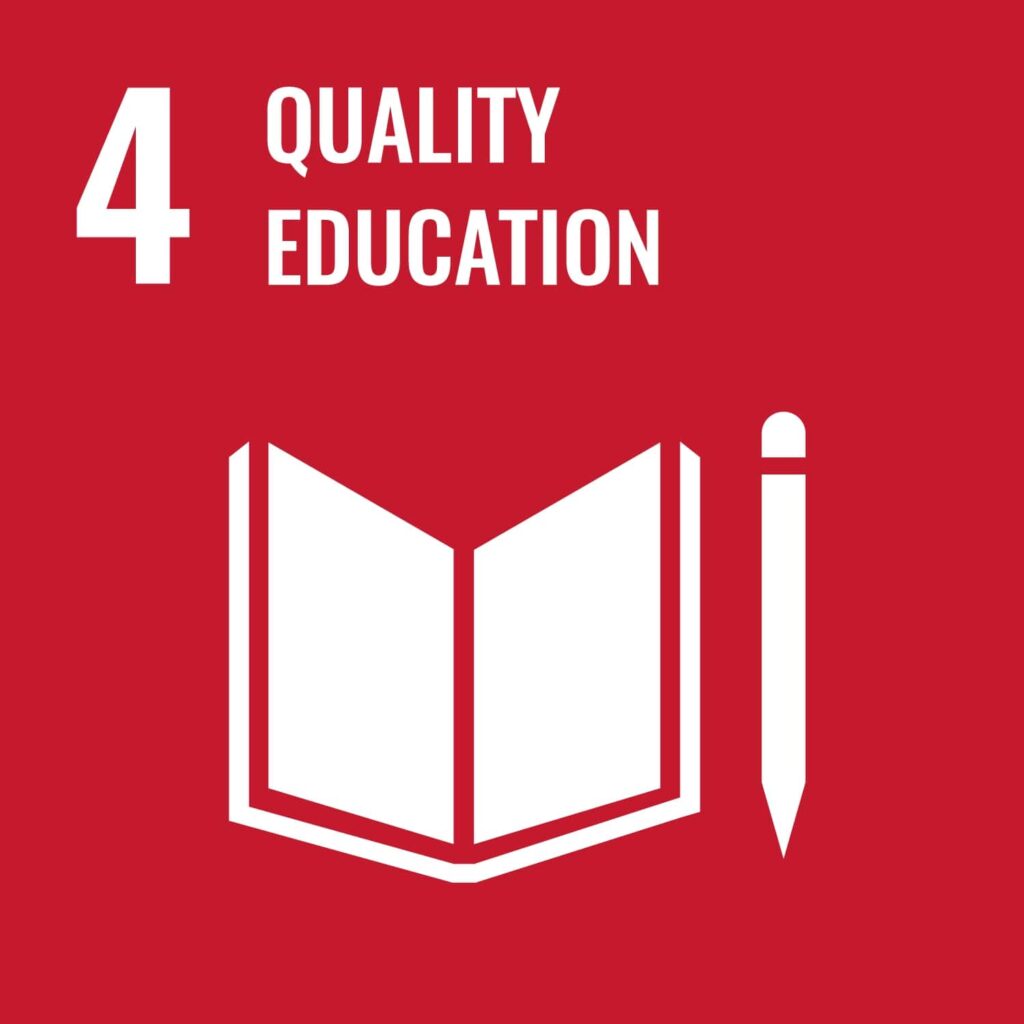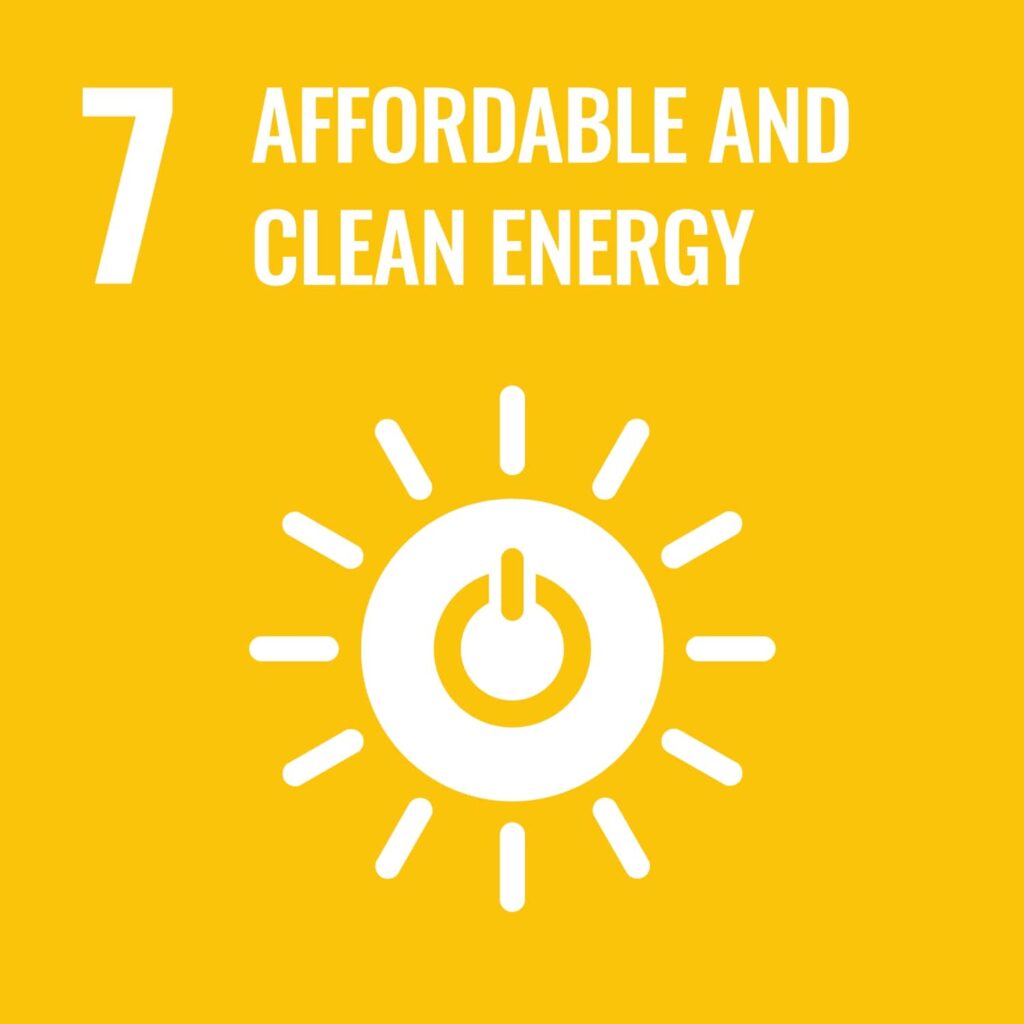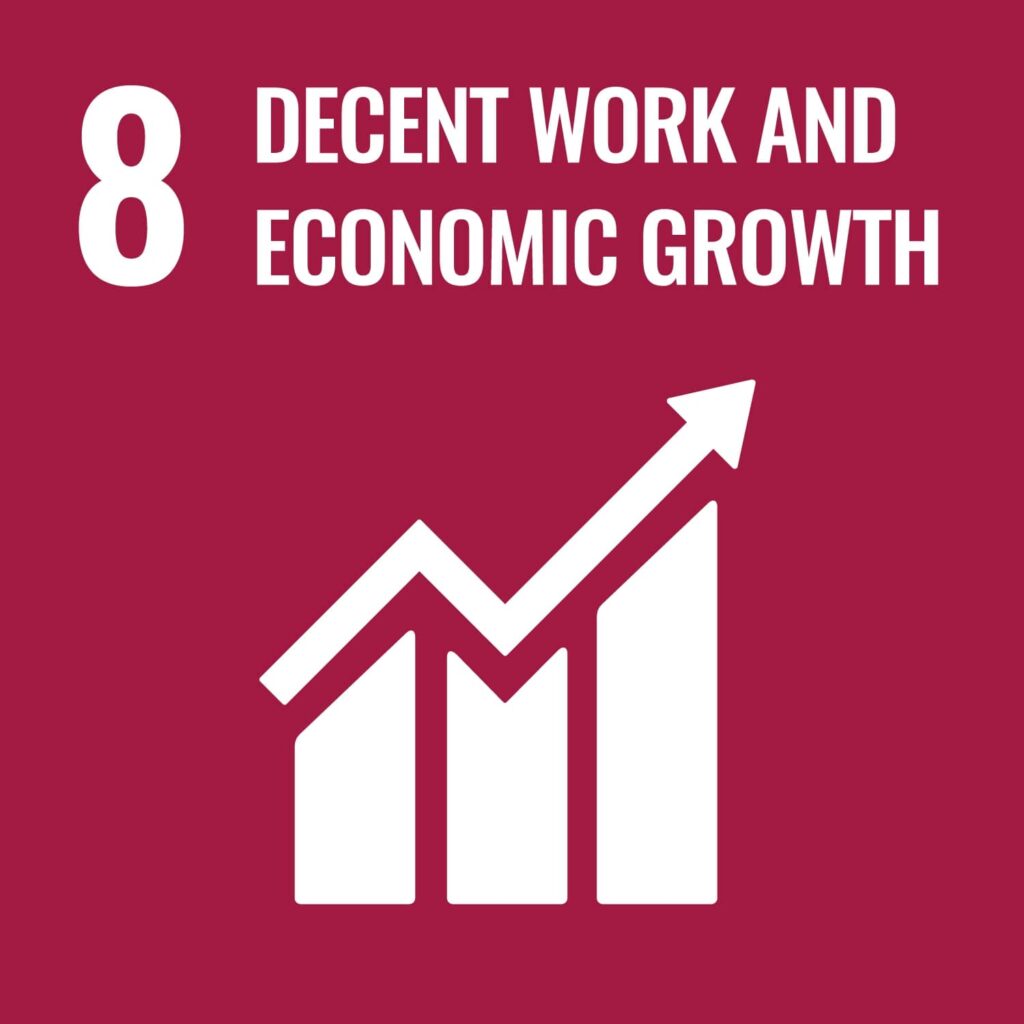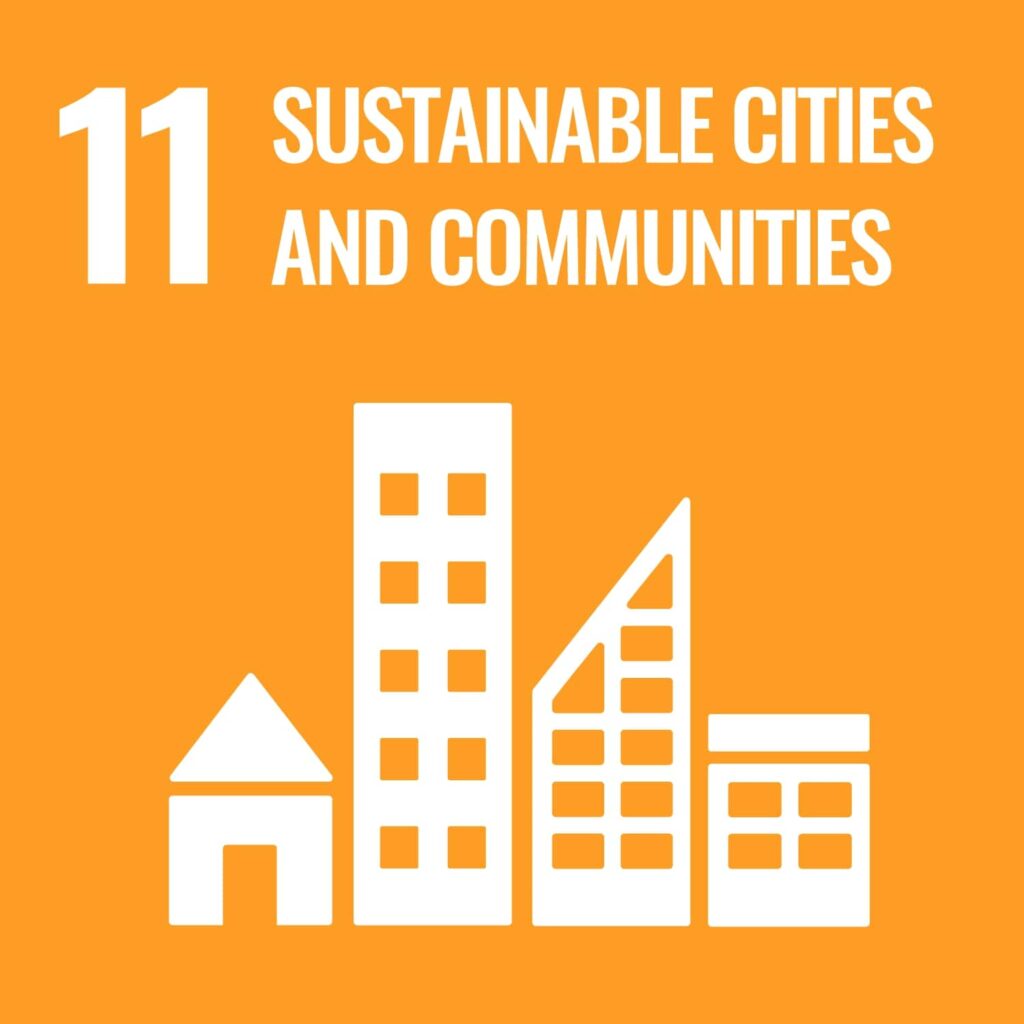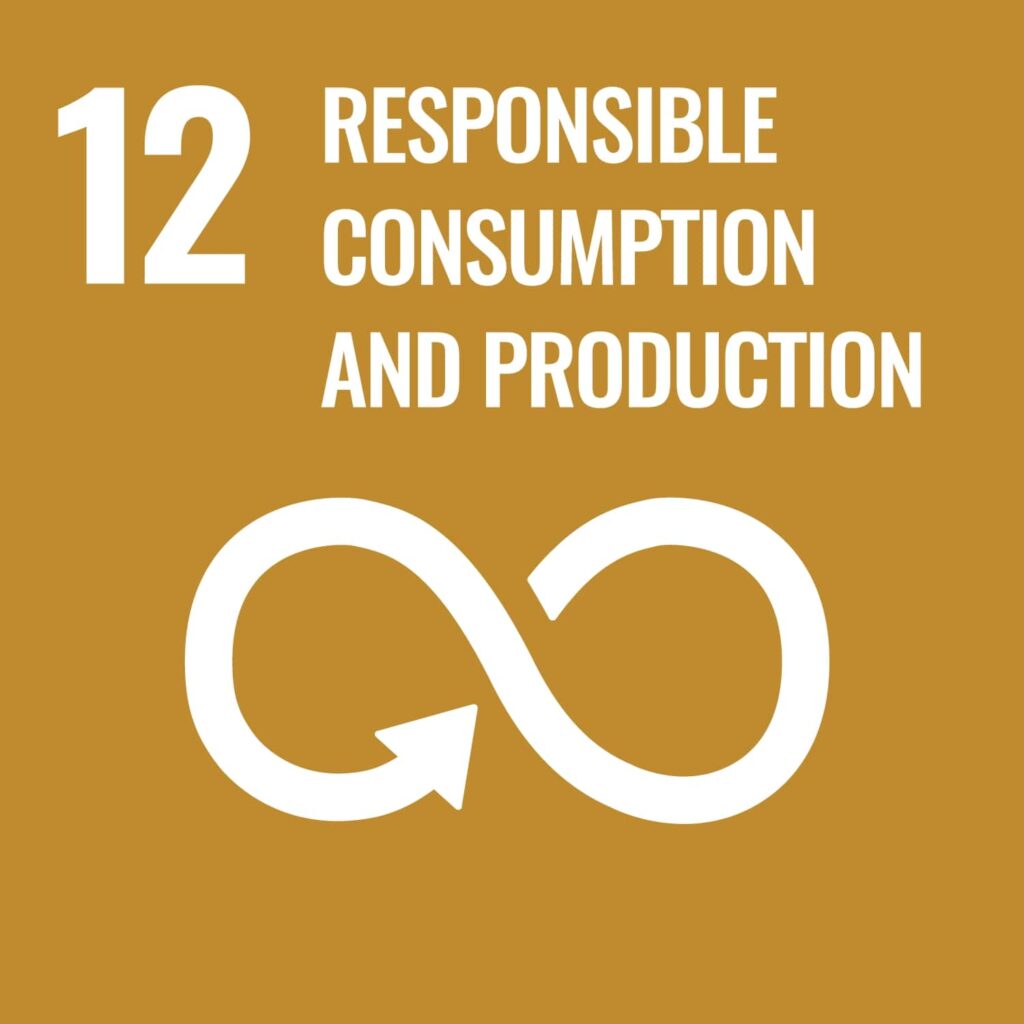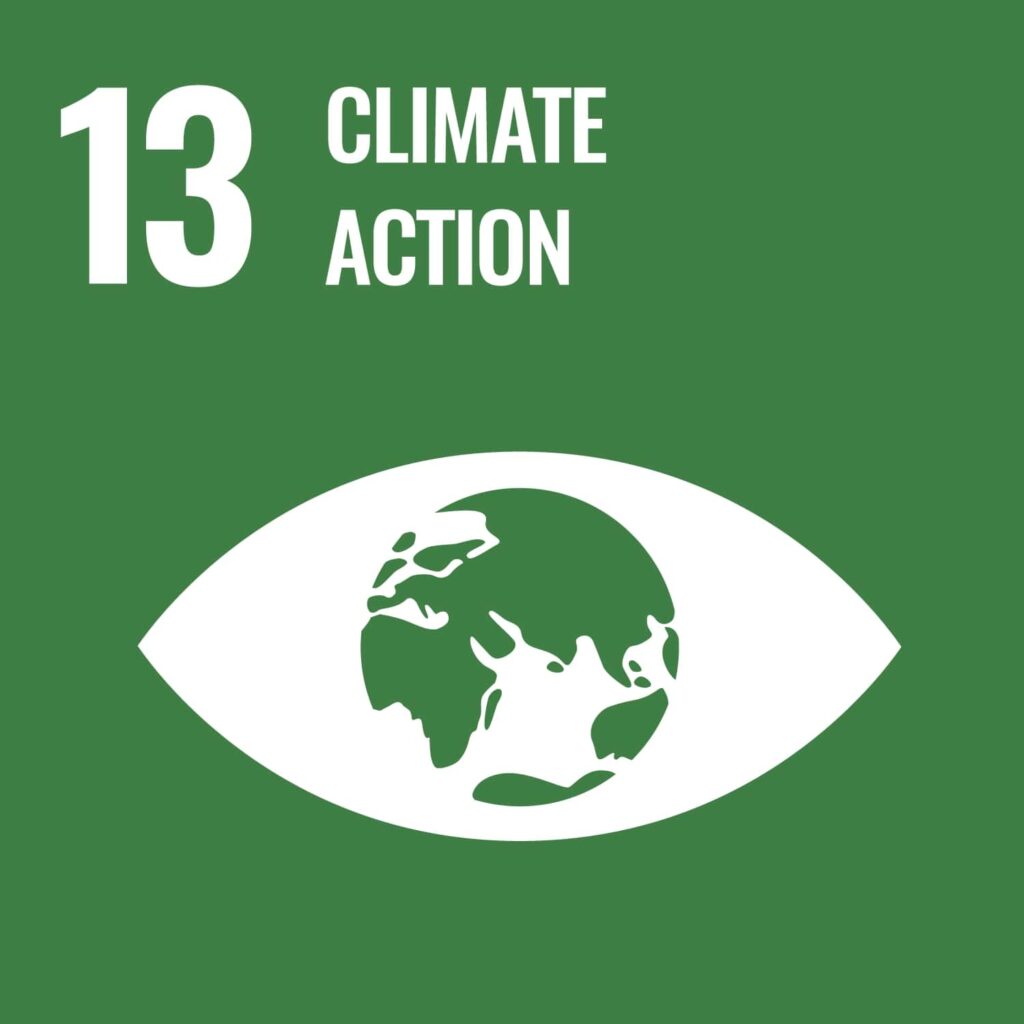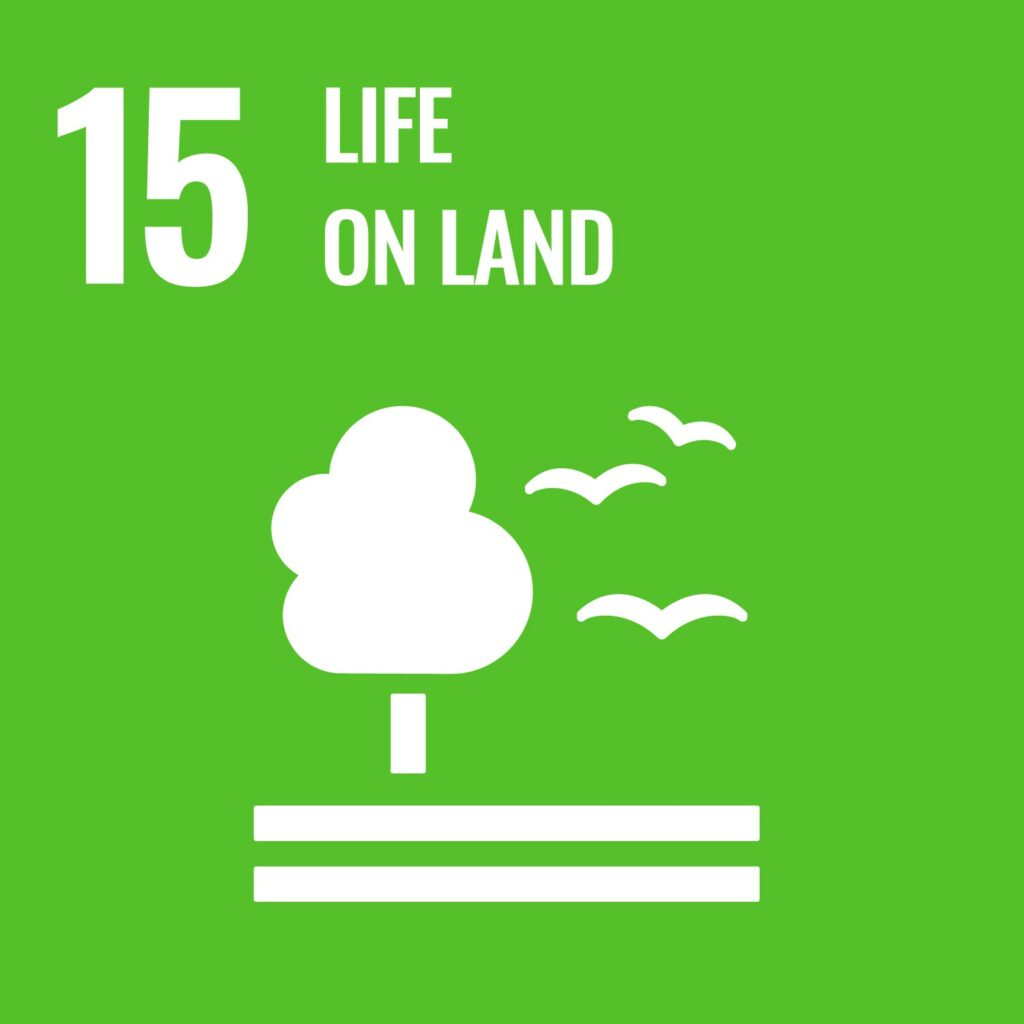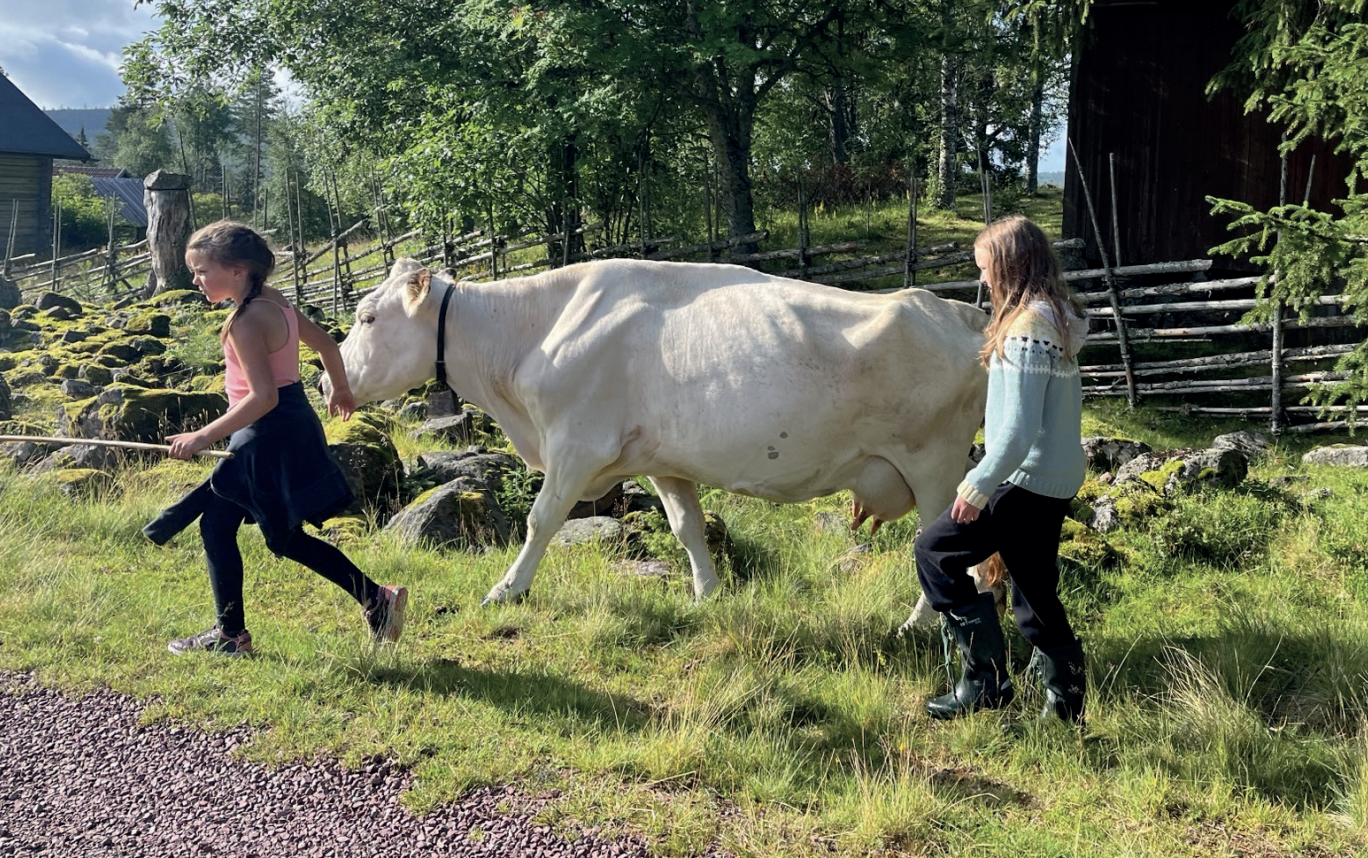
The Swedish word “fäbod” refers to a traditional seasonal dwelling or small farmstead typically located in remote rural areas, such as forests or mountainous regions. Historically, these farmsteads were used by farmers during the summer months when they would move their livestock to remote pastures for grazing. This practice is also known as transhumance, the history of which dates back several centuries. People would live in the fäbod cabins temporarily during the summer months while tending to their livestock. The traditional way of life on a fäbod included activities such as milking cows or goats, making cheese and butter, and other agricultural tasks.
Today, there are only a couple of hundred fäbod farms compared to the tens of thousands that existed at the times when agriculture was a common source of livelihoods in Sweden. The maintained fäbod farms make a significant contribution to preserving cultural landscapes, in which animal husbandry plays a significant role. These farms and their holders are the key to maintaining knowledge and variety of skills that serve to safeguard this aspect of living heritage. Fäbod farms are attractive summer locations for visitors offering a first-hand experience of a way of life that is dependent on living respectfully, side by side with nature and its resources. Especially summer camps are a welcomed chance for children and the young to be immersed in summer-time farm life.
Some of the fäbod farm holders organise annual summer camp activities intended for children and the young, but there are also several who would like to embark on organising such activities, but hesitate on e.g., the arrangements. This pilot project aimed to develop a handbook and other practices to support farm holders to increase children and young people’s participation in camp activities on the fäbod farms.
Involving children and young in summerly fäbod activities has several potential implications. Firstly, through camps young people can participate in a way of life with daily routines that they could not otherwise access. Children no longer have the same natural connection to mountain pastures, animals, and nature through the older generation. Today, grandparents are not as present in rural areas to the same extent, and if they are, they are likely not smallholders. Thus, there is a lack of a connecting pathway. Spending time in nature and with animals and participating in various tasks, games, and plays with other children can be beneficial for enhancing social and different other skills – as well as just simply creating moments to be remembered.
Gaining experience about fäbod ways of life can even be helpful for sustaining the farms’ future. It has been noticed among the farm holder community that a common nominator among them are the positive experiences about fäbod life achieved at early age. Indeed, children who come into contact with mountain pasture environments are the ones who seek to return in their adulthood.
By offering more camp activities, more children and young have opportunities to spend time in traditional fäbod environments and, hopefully, carry the living heritage of fäbod farming into the future. It is not only a matter about maintaining the cultural environments surrounding fäbod farms, but about the entire intangible cultural heritage, which includes knowledge about food production, craftsmanship, resource management, collaboration as part of an ecosystem, transitioning away from fossil fuels, and living within the planet’s boundaries.
The pilot project was organised by the fäbod farmers community and for the community, within on existing network. The basic idea of the pilot project was to transfer knowledge from “those who do” organise camps to those who still “think” about organising them, to invite them to come together to a meeting develop checklists and collect advice and ideas that support arranging more activities for children and young people and to edit the results into a handbook, “a camp manual”.
Because the season stretching from spring to autumn is the busiest time for farm holders, the meeting was called together in January. Prior to the meeting, there was already developed a proposal for the basic structure of the handbook. The task was brought to those who already had knowledge and experience on the topic, the knowhow that was wished to be transferred to others. This included listing the rules and guidance on managing bureaucratic issues so that the formal running of a camp becomes easier, and one can concentrate more on the implementation of the activities.
The January meeting was called together through bot social media and in the community’s print newspaper. It was decided that the meeting should take place face-to-face instead of video conferencing. The gathering took place in Orsa, Dalarna county, which is centrally located among the larger summer pasture areas in Sweden. The pilot project allowed also those from further away to come over and stay overnight. Still, also the digital tools were needed due to coincidences: key presentations were explained with the help of mobile phones and the participants got to ask questions. All in all, it was considered important to have a physical meeting that allowed more fluent exchange and interaction among the nearly twenty participants.
The pilot project worked to activate the fäbod farmer community to come together and start collecting material for the handbook to organise camps activities for children and the young. Whereas there previously were only few of those who organised camps, the meeting indicated that several of the participants were encouraged and were interested to embark on the activity.
Many of those interested to start organising camps were people who professionally work with children and young people. They are motivated to combine fäbod culture and their pedagogic work with children and the young. While camp activities can have many educative and positive effect for enhancing social and several practical skills, they also summon an important way to safeguard the living heritage of fäbod life. In addition, running a fäbod is an ecologically sustainable form of farming, so the camp experiences demonstrate a way of life that builds on sustainability.
Running a fäbod farm in Sweden is a small-scale traditional practice in comparison to average farming, and it holds that there often are challenges in achieving financial profitability. Starting camp operations or other activities for visitors thus create additional income sources to improve or balance the economy of the farm. The meeting for compiling a camp handbook brought together individuals with shared interests, which fosters finding future joint initiatives and cooperation.
Future impact of the handbook for the farm owners is only later to see, but it is expected to aid young people in gaining knowledge and experience about small-scale farming while the activity potentially improves the financial viability of the farms. This endeavour aligns with several Sustainable Development Goals: 4 (Quality Education), 7 (Affordable and Clean Energy), 8 (Decent Work and Economic Growth), 11 (Sustainable Cities and Communities), 12 (Responsible Consumption and Production), 13 (Climate Action), and 15 (Life on Land).
